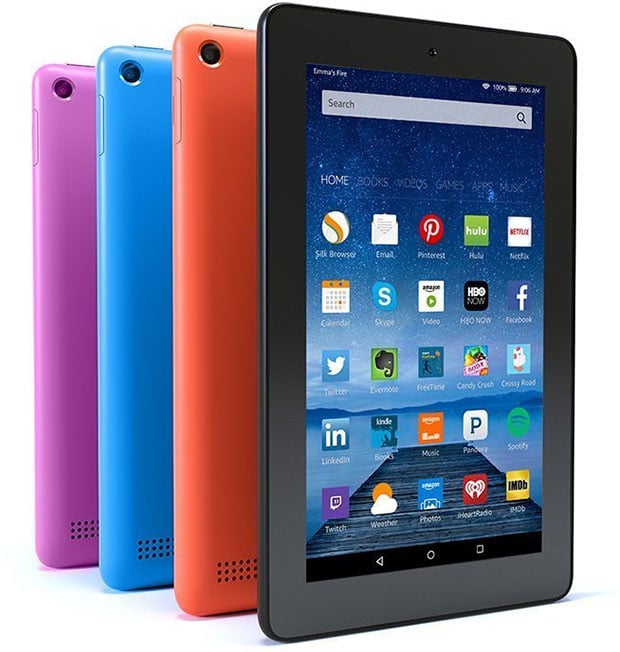Apple, Samsung, Lenovo Biggest Tablet Losers As Market Sinks 15 Percent In Q1 2016
While it's not uncommon for consumers to want to upgrade their smartphones each and every year, the market is learning more and more that tablets don't enjoy the same kind of uptake. IDC's latest report highlights this well, as it shows a 14.7% year-over-year decline in tablet shipments. That puts the total at 39.6 million shipped, and includes both standard "slate" and detachable form-factors.
With these results, it's clear that there is not as much demand for tablets as there once was, but things could change in the future as more and more users are ditching their desktops to become more mobile. In time, we might see detachable 2-in-1 tablet hybrids become "the new PC", as these devices will be powerful enough to get important work done, and can dock to a full-sized keyboard and monitor in an instant.
Some proof of this: in the time the overall tablet market dropped 14.7%, detachable units experienced a "triple-digit" year-over-year burst. Most of these are tied to Microsoft's Surface line, and despite its popularity, one of Microsoft's fiercest competitors, Apple, is rising in the detachable ranks fast. However, IDC believes that Apple's overall success will be limited by the cost of its products.

Amazon's budget Fire tablet helped the company experience significant growth in a down category
IDC also notes an interesting shift in the mobile market, where companies such as Huawei and Samsung have branched out to create detachable tablets based around mobile OSes. These "mid-range" devices could prove a difficult sell, though; IDC sees most of the growth being at the bottom and top of the price point ladder; not much in-between.
The ultimate bullet-point with this report is that tablets are declining in demand, but detachables are rapidly growing in popularity. That overall growth could reverse the trend if more and more do in fact adopt 2-in-1 tablets in lieu of buying a brand-new PC. There still seems to be good demand for tablets as well, despite the decline, but the decrease of shipments could be due to the fact that most people are not needing to upgrade their tablet each and every year, as they are typically companion devices and don't need to be upgraded as often as the phone we use each and every day.
Some manufacturers, however, are bucking the industry slowdown in sales. Amazon is a perfect example: thanks to its low-cost tablet options, the company has seen a year-over-year increase of 5421.7%. Something tells us that Amazon likely wishes its margins were a bit higher on such products, but it's at least doing a great job of getting people on board with the Amazon market place and ecosystem.

